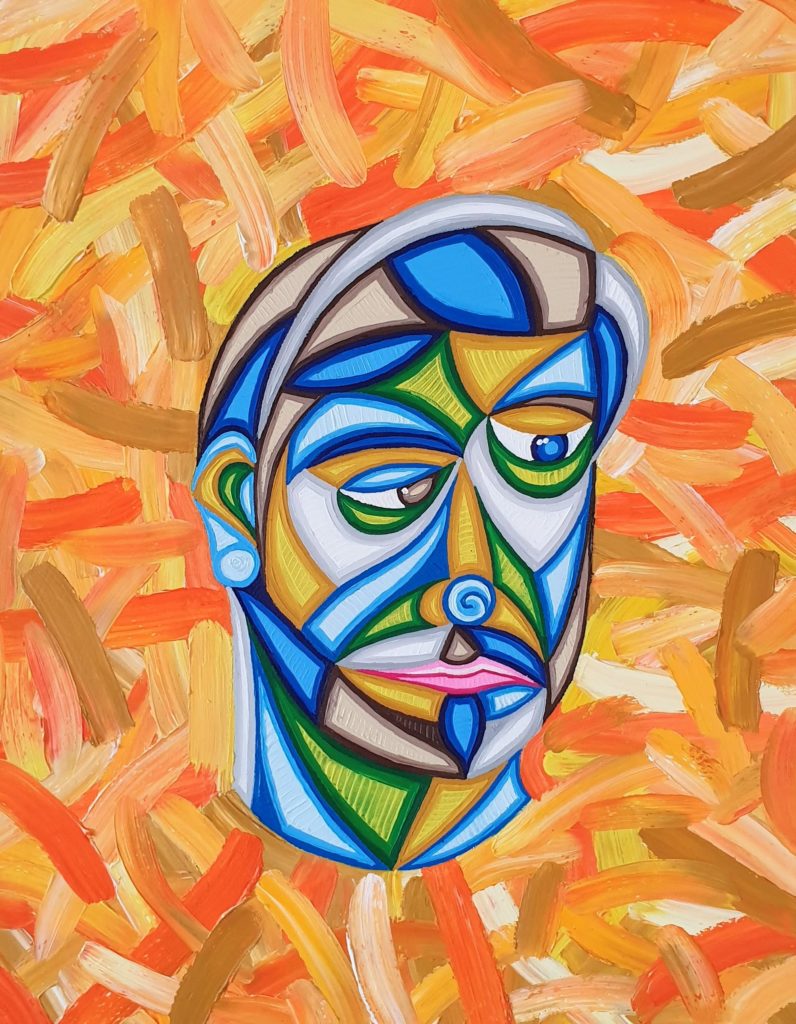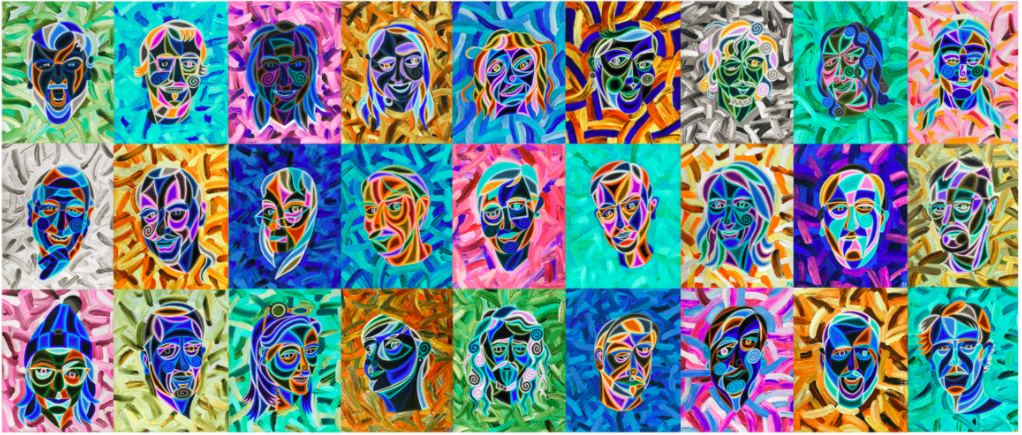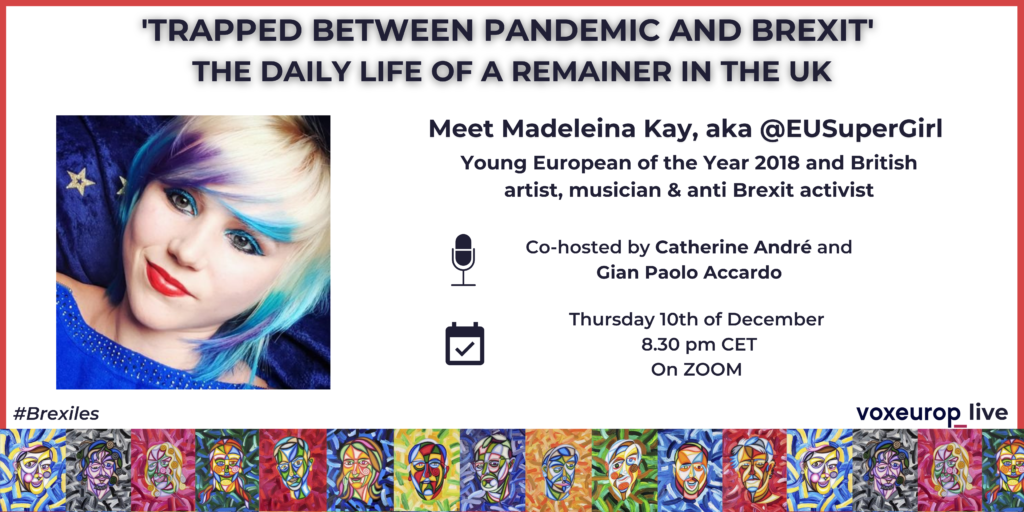After three and a half years of political deadlock, drama and chaos in the UK, Brexit was finally “delivered” on 31st January 2020. Boris Johnson only won 43.6% the popular vote, but under the UK’s First Past the Post electoral system, that was sufficient to give him a landslide victory, allowing him to pass his Brexit deal and “Get Brexit Done”.
This slogan, fastidiously devised by Johnson’s astute political advisors, helped him to win the votes of Brits fed up and frustrated by the never-ending tedium of Brexit. But the greatest con of this electoral promise, is that one year later, Brexit is still far from over and the true impacts will only begin to be felt after 31st December, when the transition period ends. Many of those people who unwittingly voted for Brexit will not truly understand the ramifications of leaving the EU until they personally experience the unnecessary bureaucratic complications and financial costs.
As a young person, who voted to Remain, alike with 80% of my age group, it’s not just the financial, social, political and environmental costs of leaving the EU which concern me, but also the opportunities lost; Funding and freedoms which were afforded to older Brits who have voted to take those rights and privileges away from younger generations.
ERASMUS+ is the EU’s most popular programme; I have observed this myself, when sharing my ’24 Reasons to Remain poster’, the reason which attracts the most “likes” is ERASMUS+, with many of my followers commenting to share personal stories of developmental experiences only possible thanks to EU funding. As the child of two university academics, I am very aware of the impact that Brexit will have on the UK’s world leading educational institutions; Academic research, after all, depends on the trade in knowledge across borders. Now we see funding being withdrawn, trans-national partnerships broken, EU staff leaving and a decline in applications from EU students. I am also personally concerned about the loss of arts funding and opportunities for international cultural collaborations; I recently had the somewhat ironic experience of enquiring about an artist residency in Berlin with the theme ‘Voices of Migration’, only to be told the application is only open to artists from EU and EEA countries.
Alongside millions of other Remain campaigners, I did my utmost to avert this political tragedy during the window of opportunity we had between the 24th June 2016 and 31st January 2019, by calling for a 2nd referendum. We were constantly disparaged by the British media for being “undemocratic”, but after it was declared by the Electoral Commission that the Leave campaign broke the law, I formed a very cynical view of how corrupt and manipulable our so-called British democracy actually is.
On the Brexit day celebrations, a man came up to me outside Westminster Tube station and screamed in my face, “You’ve wasted three and a half years of your life! They’re all going home now!”. And he was right, it may have been a futile pursuit, but I don’t think it was an entirely wasted effort; I truly value all the opportunities that I had to travel to European countries to speak and perform at events, all the amazing activists and political figures I met, the awards that I won and the books which I published, illustrating the benefits of EU membership and communicating the values which I hold dear; and our collective efforts to stop Brexit will lay the ground for an inevitable Rejoin campaign.
The combination of Brexit and the Covid-19 pandemic has left me feeling trapped on this island, deeply saddened by the increasing culture of intolerance and depressed about its bleak prospects for the future – The economic damage could devastate the jobs market and opportunities for decades to come.
But in the meantime, Brits must learn a hard lesson, by suffering the “natural consequences” of their actions, and unfortunately, those of us who didn’t vote for Brexit, will have to suffer too. The only alternative is to join the “Brexodus”, and escape this increasingly inward-looking island by migrating. “Brexiles” is the term I use to describe the individuals who have fled the UK in search of “cultural exile” from Brexit and the increasingly intolerant, nationalist culture in the UK. During the Covid-19 lockdown, I was occupied by researching this phenomenon, connecting with “Brexiles” online and interviewing them for a creative project funded by the Schwarzkopf Foundation with my ‘Young European of the Year’ award from 2018.
After finding one “Brexile” to represent each of the EU member states, I painted their 27 portraits in cubist style, reflecting their fragmented and reconstructed identities. The colour schemes of the paintings were informed by the participant’s interviews, representing aspects of their personality, character and identity through colours with symbolic associations: I was particularly interested by the Brits, who felt so strongly affiliated with their adopted country, they requested that the national flag be incorporated in their portrait. I wanted to gather their stories together, to provide a catalogue of insight into the minds of people who felt so strongly driven by their political beliefs and values, that they have left behind friends, family, homes and jobs, to choose a new life in Europe.
Several of my “Brexiles” had experienced racism by association, as a result of being married to an EU national, and expressed fear for their spouse and children. 28-year-old Hannah Visan in Romania, the mother of three dual-national children said, ‘Having to identify myself as a British national leaves a bad taste in my mouth because all thoughts of the UK are tinged with the memories of how badly people are treated in the UK.’

The older “Brexiles” were angered at opportunities being taken from their own children, whereas the younger ones seemed determined to turn their backs on the UK; Olivier Trouille, my 27-year-old Brexile in Belgium put it succinctly, ‘why should I choose to waste my time in a toxic and populist environment, when I could excel in my career and flourish in one of the most international cities on the continent?’.
The combination of Brexit and the Covid-19 pandemic has left me feeling trapped on this island, deeply saddened by the increasing culture of intolerance and depressed about its bleak prospects for the future – The economic damage could devastate the jobs market and opportunities for decades to come. I wait with trepidation to witness the full extent of the impact and can only hope that I, my friends and loved ones, will not be victims of this economic catastrophe. I would like to adopt a Johnson-esque, recklessly cavalier optimism about Britain’s future prospects outside of the EU, but I am a realist and I don’t believe in unicorns. My only hope is that Brits will realise their mistake sooner, rather than later, and we can restore the UK’s international reputation by re-joining the EU as full members.
A book on the “Brexiled”

Madeleina Kay has written several books, most of them on living in Europe, the EU and Brexit. Her latest, Brexiles, features the portraits and stories of 27 who have migrated from the UK (or chosen to remain living abroad) where Brexit was a key factor influencing their decision. Together, the 27 brightly coloured paintings “create a sense of solidarity in their European identity, evoking the mood of the 27 EU nation flags flying alongside each other.” On 4 December Brexiles has been awarded the “Framing Brexit: EU IDEA visual prize”.
Meet Madeleina Kay
Ask your questions and discuss about Brexit and Brexiles with Madeleina Kay in the online meeting Voxeurop is organising on 10 December, 2020.
👉 Register here.

